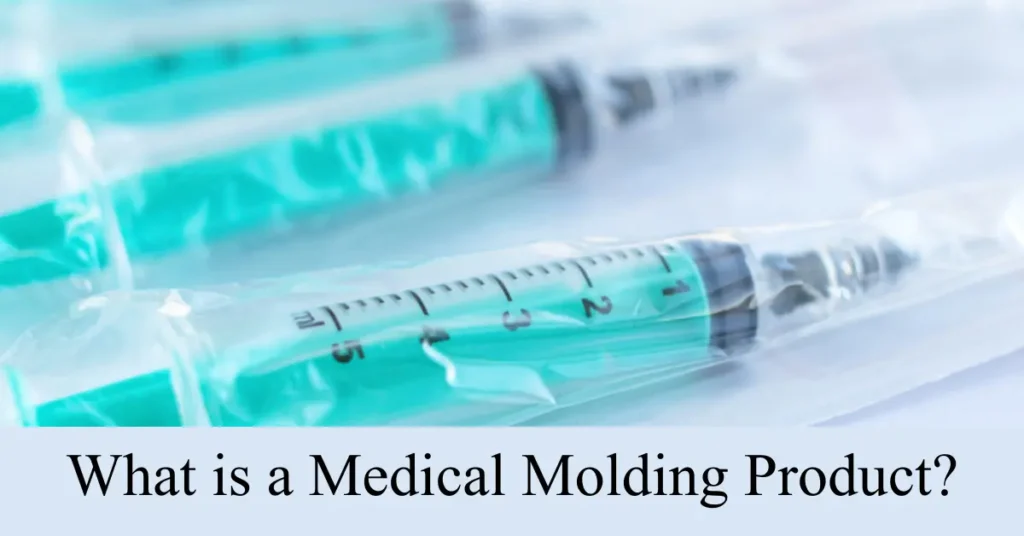Medical molding products play a crucial role in the healthcare industry, contributing to the production of various medical devices and components. This article explores the definition, importance, and applications of medical molding products.
Understanding Medical Molding:
Medical molding refers to the process of manufacturing precise and intricate components used in medical devices through injection molding. Injection molding is a highly versatile manufacturing method that involves injecting molten material into a mold, allowing it to cool and solidify into the desired shape.
Key Characteristics of Medical Molding Products:
- Biocompatibility: Medical molding products are crafted from materials that are biocompatible, ensuring they are safe for use within the human body. This is critical for devices such as implants, surgical instruments, and diagnostic equipment.
- Precision and Consistency: The medical field demands precision, and medical molding excels in delivering consistent and accurate results. The process allows for the production of complex and intricate parts with tight tolerances, meeting the stringent requirements of medical applications.
- Sterilization Compatibility: Medical molding products are designed to withstand various sterilization methods, such as autoclaving and gamma radiation. This ensures that the final products maintain their integrity and functionality when exposed to standard sterilization procedures.
Importance in the Healthcare Industry:
Device Reliability:
Medical molding products contribute to the reliability of medical devices. Whether it’s a component of a diagnostic tool or a critical part of an implant, the precision offered by medical molding ensures the consistent performance of these devices.
Cost-Effectiveness:
The efficiency of the injection molding process makes it a cost-effective manufacturing solution for medical components. Mass production capabilities allow for economies of scale, reducing overall production costs and making medical devices more accessible.
Innovation in Design:
Medical molding enables the realization of innovative designs for medical devices. The versatility of the process allows engineers and designers to create intricate and complex shapes, pushing the boundaries of what is possible in medical device design.
Applications of Medical Molding Products:
- Surgical Instruments: Precision and durability are crucial in surgical instruments. Medical molding products contribute to the manufacturing of tools that are reliable, consistent, and able to withstand the demands of surgical procedures.
- Implants and Prosthetics: Medical moldingplays a pivotal role in the production of implants and prosthetics. The ability to create customized and intricate shapes ensures a better fit and functionality for patients in need of these devices.
- Diagnostic Equipment: Components of diagnostic equipment, such as housings and connectors, are often produced through medical molding. This ensures the reliability and accuracy of diagnostic tools used in healthcare settings.
In conclusion, medical molding products are integral to the advancement of healthcare technology. The precision, reliability, and versatility offered by this manufacturing process contribute to the development of innovative and life-saving medical devices.
By understanding the importance and applications of medical molding products, we gain insight into how this manufacturing technique continues to shape the future of healthcare, providing solutions that enhance patient care and contribute to medical advancements.
